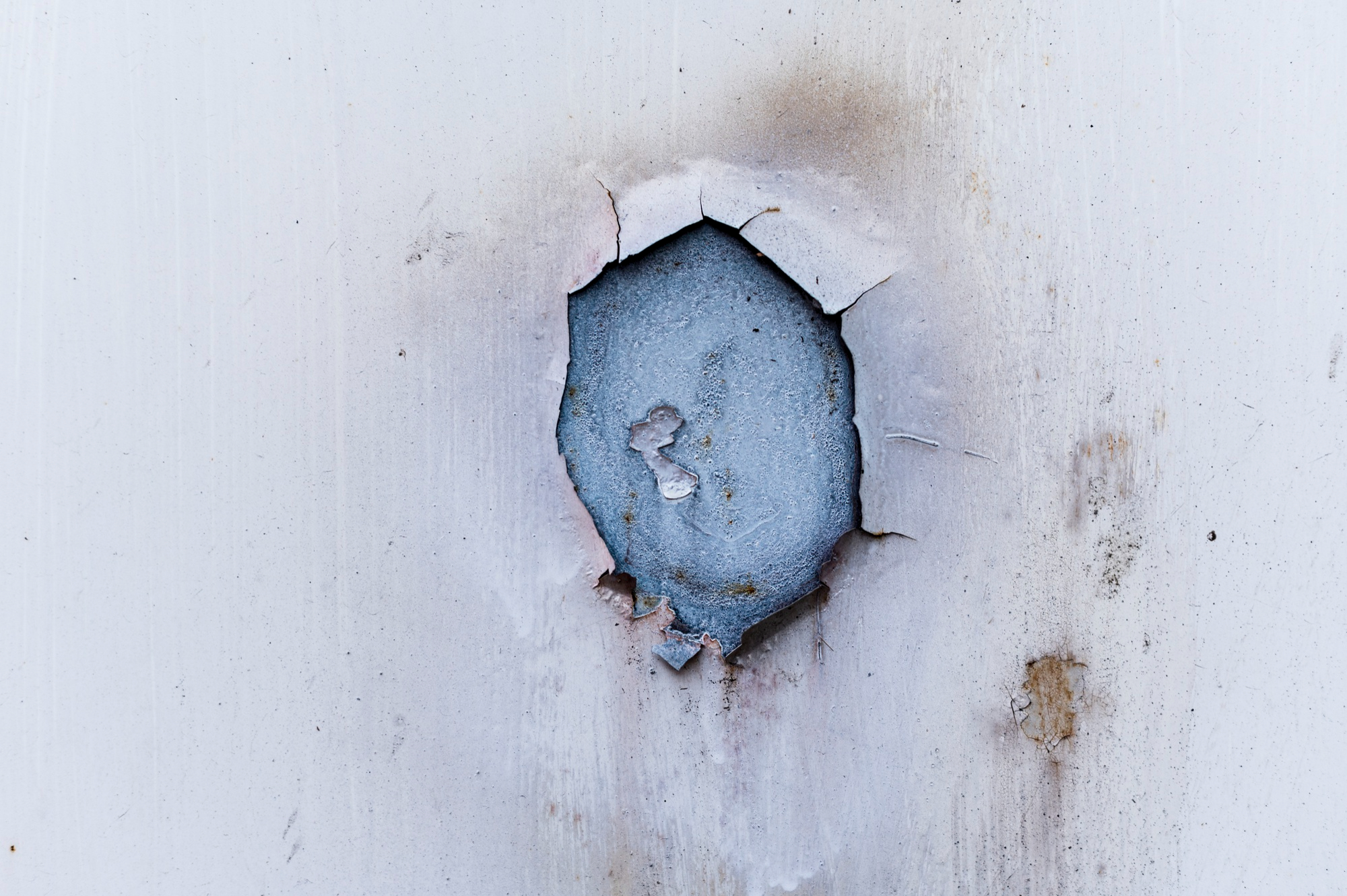Water damage can occur in various forms, each with distinct causes and potential risks. Identifying the type of water damage is crucial for effective remediation and preventing further issues. Here are the primary types of water damage you should be aware of:
1. Clean Water Damage
Clean water damage is caused by water that does not pose an immediate health risk. It typically originates from:
- Leaking Faucets: Dripping faucets can lead to minor water damage if not promptly fixed.
- Broken Pipes: Ruptured pipes can release a significant amount of clean water into your home.
- Rainwater: Rainwater entering through a roof leak or an open window is usually considered clean.
While clean water damage is the least harmful, it can still cause significant structural damage if not addressed quickly. Use services like water damage restoration Edmonton to protect yourself and your neighbors and make your home safe.
2. Gray Water Damage
Gray water damage involves water that is slightly contaminated and can cause discomfort or illness if ingested. Common sources include:
- Washing Machine Overflows: Water from washing machines can contain detergents and dirt, making it gray.
- Dishwasher Leaks: Similar to washing machines, dishwashers can release contaminated water.
- Sump Pump Failures: Sump pumps that fail can lead to water backup from drainage systems.
Gray water damage requires prompt attention to prevent the growth of bacteria and mold.
3. Black Water Damage
Black water damage is the most severe type, involving highly contaminated water that poses significant health risks. Sources include:
- Sewage Backups: Sewage water contains harmful bacteria and pathogens that can cause serious illnesses.
- Flooding from Natural Disasters: Floodwater from rivers, streams, or heavy rain can carry contaminants such as chemicals, debris, and bacteria.
- Seawater Intrusion: Coastal areas may experience flooding with seawater, which can contain harmful microorganisms.
Black water damage necessitates immediate professional intervention to ensure thorough cleaning and disinfection.
4. Fresh Water Flooding
Fresh water flooding typically comes from natural sources and lacks the contaminants found in gray and black water:
- River Overflows: Heavy rains can cause rivers to overflow, leading to fresh water flooding.
- Melting Snow: Rapid snowmelt can result in fresh water flooding in low-lying areas.
While fresh water flooding may not carry significant health risks, it can cause extensive property damage.
5. Rainwater Damage
Rainwater damage is specifically due to heavy rainfalls and storms:
- Roof Leaks: Prolonged rain can find its way through weak spots in your roof, leading to water damage.
- Basement Flooding: Inadequate drainage systems can cause rainwater to accumulate in basements.
Proper maintenance of roofing and drainage systems can help mitigate rainwater damage.
6. Groundwater Seepage
Groundwater seepage occurs when water from the soil infiltrates your home:
- Basement Seepage: Groundwater can seep through basement walls and floors, especially during periods of heavy rain or high water tables.
- Foundation Cracks: Cracks in your foundation can allow groundwater to enter, causing damage over time.
Waterproofing basements and repairing foundation cracks are essential preventive measures.
7. Ice Dam Damage
Ice dams form when snow on your roof melts and refreezes at the edges, preventing proper drainage:
- Roof Leaks: Water trapped behind ice dams can seep under shingles, causing roof leaks and water damage inside your home.
- Gutter Damage: Ice dams can damage gutters, leading to further water issues.
Proper insulation and ventilation of your attic can help prevent ice dams.
Conclusion
Understanding the different types of water damage can help you take appropriate action to address and prevent further issues. Whether it’s clean water from a broken pipe or contaminated black water from a sewage backup, prompt and effective remediation is crucial to minimize damage and protect your health. Regular maintenance, timely repairs, and professional assistance are key to managing and preventing water damage in your home.
